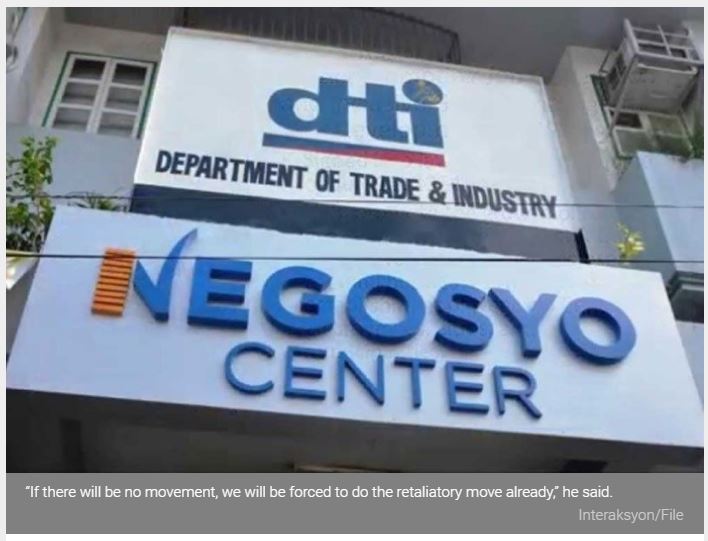Philippines mulls tariff hit vs Thailand over WTO ruling
MANILA, Phillipines — A trade war may be brewing between the Philippines and Thailand as the Department of Trade and Industry (DTI) is considering the imposition of duty on vehicle imports from Thailand as a retaliatory measure for the latter’s failure to comply with a World Trade Organization (WTO) decision on a cigarette tax case the Philippines won.
Trade Secretary Ramon Lopez told reporters yesterday the Philippines is looking at the imposition of tariff on automobiles from Thailand as the latter has yet to implement the WTO’s decision.
“If there will be no movement, we will be forced to do the retaliatory move already,” he said.
Trade Undersecretary Ceferino Rodolfo said the DTI is studying retaliation as an option to make Thailand comply with the WTO decision which favored the Philippines on the cigarette tax case.
He said the country has chosen to target motor vehicles as such account for bulk of Thailand’s exports to the Philippines.
In 2008, the government filed a case on behalf of Philip Morris Philippines against Thailand for the imposition of higher duties on cigarettes made from the Philippines.
Philip Morris Philippines was exporting 30 percent of its output from its Batangas plant to Thailand per year and the latter’s move to discriminate cigarette exports from the Philippines was seen to favor state-owned Thai Tobacco Monopoly which accounted for 80 percent of the Thai market at that time.
As Thailand has lost panel and appellate rulings, the Philippines sees the need for Thailand to accept the ruling.
Under WTO rules, retaliation is allowed to induce compliance.
While the general principle is for the complainant to first seek to suspend obligations in the same sector in which the violation was found, WTO allows cross sector retaliation or the imposition of sanctions in a different sector when the complainant considers it impracticable or ineffective to focus on the same sector.
In terms of the retaliatory measure to be taken, Lopez said he favors imposition of tariff over having quantitative restriction (QR) or a scheme which allows the country to impose higher tariffs on imports past a certain volume.
“To me tariff is preferred always than QR. There are rent seekers. It is hard that it might be subject to corruption, the regulatory part of it and there’s no revenue. There’s an impact on the price in the end, but you don’t capture the so-called economic rent. Whereas if that’s a tariff, there’s a clear bit of protection and there’s revenue, the tariff rate. Tariff will usually be preferred over QR,” he said.
For the Philippines not to proceed with the retaliation, Rodolfo said Thailand would have to lift all non-compliant measures in relation to the case.
He said the aim is to be able to make a decision on the step to be taken before the end of the year.
“We will file to exercise retaliatory rights before the end of the year,” he said.
Source: https://www.philstar.com/business/2019/11/14/1968517/philippines-mulls-tariff-hit-vs-thailand-over-wto-ruling#okABWtjp7RCtpJv3.99


 English
English




